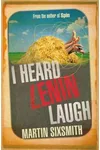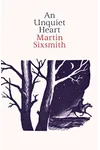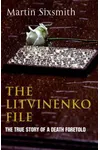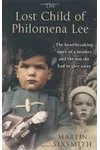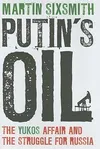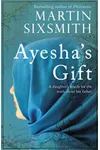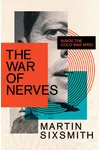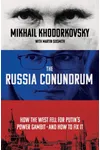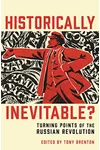Picture a British storyteller who swapped Cold War dispatches for heart-wrenching tales of human struggle—meet Martin Sixsmith! A journalist-turned-author, Sixsmith’s journey from BBC correspondent to bestselling writer has captivated readers with stories like The Lost Child of Philomena Lee. His knack for blending historical insight with empathetic storytelling makes his work a must-read for anyone curious about the world’s complexities.
From reporting in Moscow during the Soviet Union’s collapse to advising Tony Blair’s government, Sixsmith’s career is a tapestry of adventure and intellect. Let’s dive into the life of this versatile wordsmith whose pen has illuminated hidden corners of history and humanity.
The Making of Martin Sixsmith
Born on September 24, 1954, in Warrington, England, Martin Sixsmith grew up with a thirst for knowledge. Educated at Manchester Grammar School, he studied Russian and French at Oxford, Harvard, the Sorbonne, and even in St. Petersburg (then Leningrad). His postgraduate thesis on Russian poetry hinted at his love for storytelling, but journalism called first. Joining the BBC in 1980, Sixsmith reported from Moscow, Washington, Brussels, and Warsaw, witnessing pivotal moments like the Cold War’s end and Poland’s Solidarity uprising.
His career took a political turn in 1997 when he left the BBC to serve as Director of Communications under Tony Blair’s Labour government. Working with ministers like Harriet Harman and Alistair Darling, Sixsmith navigated the murky world of politics—a theme that would later inspire his fiction. By 2002, he returned to writing, blending his global experiences into stories that resonate with authenticity.
Martin Sixsmith’s Unforgettable Stories
Sixsmith’s bibliography spans novels and non-fiction, each work marked by meticulous research and a knack for uncovering human truths. His most famous book, The Lost Child of Philomena Lee (2009), tells the heart-wrenching story of an Irish mother forcibly separated from her son by a convent in the 1950s. Adapted into the Oscar-nominated film Philomena (2013), starring Judi Dench and Steve Coogan, it showcases Sixsmith’s ability to weave personal stories with broader social issues.
In Russia: A 1,000-Year Chronicle of the Wild East (2011), Sixsmith dives into Russia’s tumultuous history, from its 10th-century roots to modern times. His firsthand experience as a Moscow correspondent infuses the narrative with vivid detail. Similarly, The Litvinenko File (2007) explores the murky world of Russian espionage through the lens of Alexander Litvinenko’s poisoning, blending investigative journalism with thriller-like tension. His novel Spin (2004), a satirical take on British politics, draws on his government days, offering a darkly funny glimpse into power’s underbelly.
Sixsmith’s style is empathetic yet unflinching, often tackling themes of loss, power, and resilience. Whether exploring Cold War intrigue or personal tragedy, his work invites readers to see the world through the eyes of its most vulnerable—and powerful—figures.
Why Martin Sixsmith Matters
Martin Sixsmith’s impact lies in his ability to humanize history. His books don’t just recount events; they uncover the emotional and moral complexities behind them. Philomena sparked global conversations about forced adoptions and institutional power, while his Russian histories offer clarity on a nation often misunderstood. His work as a BBC presenter, including series like Russia: The Wild East (2011), brought scholarly insight to mainstream audiences, making history accessible and engaging.
Today, Sixsmith’s legacy endures through his storytelling, which continues to inspire empathy and curiosity. His ability to bridge journalism, politics, and literature makes him a unique voice in contemporary non-fiction, encouraging readers to question the world around them.
About Martin Sixsmith
- Born: September 24, 1954, Warrington, England
- Key Works: The Lost Child of Philomena Lee, Russia: A 1,000-Year Chronicle of the Wild East, The Litvinenko File, Spin
- Notable Achievement: Philomena film nominated for four Oscars (2013)
- Fields: Journalism, non-fiction, fiction, broadcasting
Ready to explore a world of intrigue and heart? Snag The Lost Child of Philomena Lee and dive into Martin Sixsmith’s gripping storytelling!
